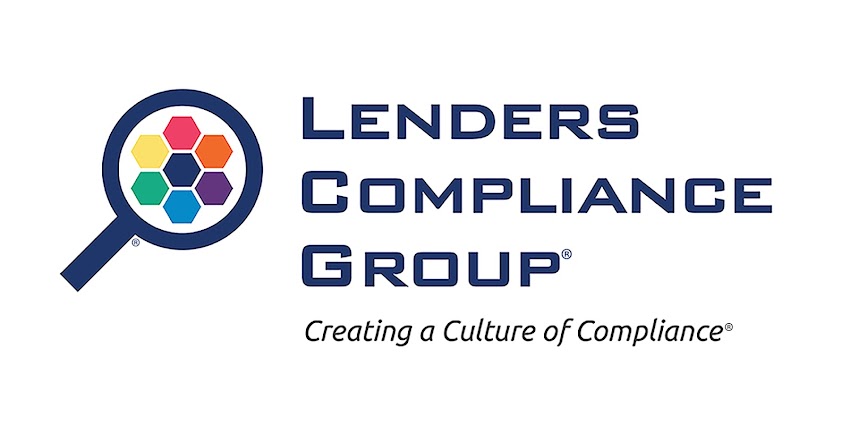QUESTION:
I know that the Dodd-Frank Act changed the rule for the types of loans that were considered HOEPA and Section 32 transactions. What loan types are now included or excluded in these transactions?
ANSWER:
Mortgages covered by the Home Ownership and Equity Protection Act (“HOEPA”) amendments have been referred to as “HOEPA loans,” “Section 32 loans,” or “high-cost mortgages.” The Dodd-Frank Wall Street Reform and Consumer Protection Act (“Dodd-Frank”) refers to these loans as “high-cost mortgages.”
The Final Rule, issued January 10, 2013 - which is set to take effect on January 10, 2014 - implements Dodd-Frank’s amendments that expanded the universe of loans potentially covered by HOEPA. Under the Final Rule, most types of mortgage loans secured by a consumer’s principal dwelling, including purchase-money mortgages, refinances, closed-end home-equity loans, and open-end credit plans (i.e., home equity lines of credit or “HELOCs”) are potentially subject to HOEPA coverage.
The Final Rule retains the exemption from HOEPA coverage for reverse mortgages. Also, mortgages secured by vacation or second homes are not covered.
In addition, the Final Rule adds exemptions from HOEPA coverage for three types of loans that the Consumer Financial Protection Bureau believes do not present the same risk of abuse as other mortgage loans: (1) loans to finance the initial construction of a dwelling, (2) loans originated and financed by Housing Finance Agencies (HFA), and (3) loans originated through the United States Department of Agriculture’s (USDA) Rural Housing Service Section 502 Direct Loan Program.
Thus, the following are included:
• Purchase-money mortgages
• Refinances
• Closed-end home equity loans
• Open-end credit plans (i.e., HELOCs)
• Refinances
• Closed-end home equity loans
• Open-end credit plans (i.e., HELOCs)
And, the following are excluded:
• Reverse mortgages
• Mortgages secured by vacation or second homes
• Construction loans
NOTE: The exemption for construction loans applies only to loans that finance the initial construction of a new dwelling. It does not extend to loans that finance home improvements or home remodels. Where a construction-to-permanent loan consists of two separate transactions, the construction loan transaction is exempt, but the permanent financing transaction is not exempt. For a construction-to-permanent loan originated as a single transaction, coverage must be determined in accordance with appendix D to Regulation Z. [§ 1026.32, Comment 32(b)-1 and Appendix D]
• Loans originated and directly financed by a Housing Finance Agency (HFA) [as defined in 24 CFR 266.5]
• Loans originated under the U.S. Department of Agriculture’s (USDA’s) Rural Development Section 502 Direct Loan Program
NOTE: The exclusions for HFA and USDA loans apply only to loans that these organizations directly finance, not loans they guarantee or insure.
• Mortgages secured by vacation or second homes
• Construction loans
NOTE: The exemption for construction loans applies only to loans that finance the initial construction of a new dwelling. It does not extend to loans that finance home improvements or home remodels. Where a construction-to-permanent loan consists of two separate transactions, the construction loan transaction is exempt, but the permanent financing transaction is not exempt. For a construction-to-permanent loan originated as a single transaction, coverage must be determined in accordance with appendix D to Regulation Z. [§ 1026.32, Comment 32(b)-1 and Appendix D]
• Loans originated and directly financed by a Housing Finance Agency (HFA) [as defined in 24 CFR 266.5]
• Loans originated under the U.S. Department of Agriculture’s (USDA’s) Rural Development Section 502 Direct Loan Program
NOTE: The exclusions for HFA and USDA loans apply only to loans that these organizations directly finance, not loans they guarantee or insure.
These new HOEPA requirements apply to applications received on or after January 10, 2014.
Jonathan Foxx
President & Managing Director
Lenders Compliance Group
